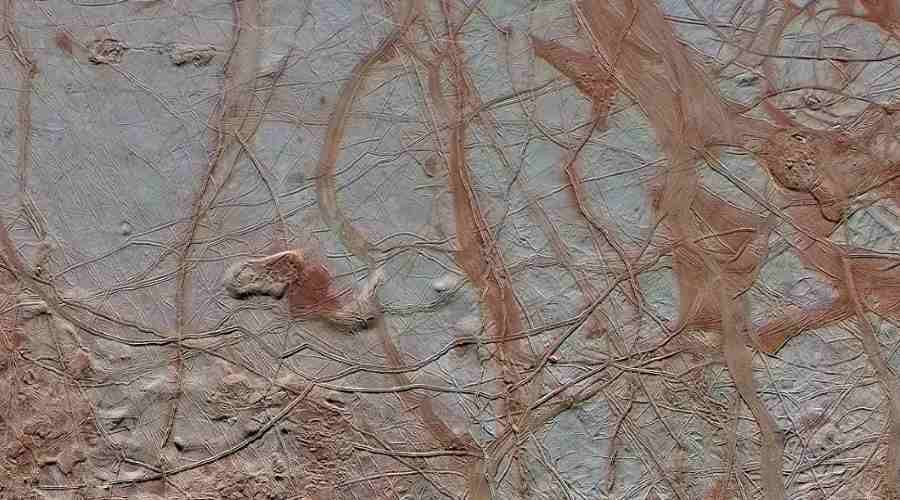Will conduct an analog Mars mission in the US
scientists will conduct a two-week analog Mars mission EXO.17. The surface of Mars will be mimicked at the Mars Desert Research Station in US Utah. The mission will begin on March 11, and will include tests of an air filtration system or ways to deal with stress.
EXO mission.17 is the result of wspóhe cooperation between SWPS University and the EXORiON Foundation, founded by university graduate Jakub Falacinski – a psychologist and inventor. – Will be carried out at the U.S. Mars Desert Research Station (MDSR). For the duration of the experiment, it will be placed at the disposal of an interdisciplinary team from Warsaw, SWPS University reported.
Analog mission is a simulation as close as possible to a manned expedition to Mars. The researchers will therefore use analogous equipment, perform analogous activities and use analogous procedures. They will also work in the field, które whose landscape is deceptively reminiscent of the Martian. Indeed, the MDSR base is located in the desert in the US state of Utah.
For more than two weeks, the Poles will test equipment and technological solutions and conduct psychological tests. One of the devices being tested will be an analog of the spacesuit, whichóry allows to adjust parts of the suit to the tasks performed. – For example, a geologist needs different pockets than a rover operator, so he has to reconfigure the suit depending on the current needs of the – explains Falacinski. – This is the first all-space suit analogue. On it, we will learn and study what the next generation of this suit would actually look like," he stresses.
Researchers will also test a new version of the Holter, a device thatóre to analyze the heart rate during routine tasks and morning gym exercises. – They will check the róalso the air filtration system in the habitat. Martian dust penetrates deep into the structure of the lungs, hence such protective measures are necessary, SWPS University reports in a press release.
Analog astronauts will be able to repróalso the original invention of Jakub Falacinski – FOG fog shower. Minimalist device allows bathing in twoóch glasses of water.
However, the mission is not just about testing equipment. – Analog simulations are largely a search for potential problemów. Checking what works and what needs improvement. However, the focus is not solely on testing equipment. Above all, we are interested in the so-called. human factor in isolated conditions – Falacinski emphasizes.
It is he who will be the subject of the research of Dr. hab. Hanna Bednarek of SWPS University. Participants making up the teamóThey will have to cope in unusual conditions with difficult tasks. Therefore, the planned research includes m.in. styles of coping with stress and the functioning of the so-called. working memory.
Due to the unusual conditions under which the mission will take place, the morning or evening chronotype of each participant will be determined before the mission beginsóin excursions, that is, their individual rhythm of activity in the diurnal cycle.
During the missions, the crew's task will be to measure mood on a daily basis and perform dwóch working memory research sessions: according to and not according to one's chronotype, i.e. morning and evening. Scientists hope that this research will provide them with information to make individualized, optimal schedules in the futureóIn the research work, the participantóin this type of expedition.
Dr. Karolina Zawieska will look at the role of Ares, the Mars rover, którego during the experiment will be used by analog astronauts. – It will examine whether the mission participants will treat it as a cuddly toy, a friend, a pet, or as a "cold" tool, whichóre is to be used for specific tasks," Falacinski describes.
The work of the analog crew will be coordinated by the EXO Mission Control Center.17, located at the Institute of Aviation in Warsaw. This is where all the data collected during the mission will go in real time.
Procedures developed during the EXO mission.17 are to be used for cyclic EXO (Experimental Objectives) missions, które will be held every two years. – In 2019. the crew will go to Iceland, where they will conduct, probably the world's first, experiments in their own mobile habitat. Already students, researchers, start-ups and companies can submit their prototypes or solutions to be tested in unusual conditions, róalso such as those prevailing róAlso on Spitsbergen, where the crew will go in 2021. – reports SWPS University.





